Editor’s note: The following is excerpted from The Best of the World’s Classics, edited by Henry Cabot Lodge (published 1909).
Among the animals that are domesticated with mankind there are many circumstances that are deserving of being known: among these there are more particularly that most faithful friend of man, the dog, and the horse. We have an account of a dog that fought against a band of robbers in defending its master; and although it was pierced with wounds, still it would not leave the body, from which it drove away all birds and beasts. Another dog, in Epirus, recognized the murderer of its master in the midst of an assemblage of people, and, by biting and barking at him, extorted from him a confession of his crime. A king of the Garamantes, also, was brought back from exile by two hundred dogs, which maintained the combat against all his opponents. The people of Colophon and Castabala kept troops of dogs for the purposes of war; and these used to fight in the front rank and never retreat; they were the most faithful of auxiliaries, and yet required no pay. After the defeat of the Cimbri their dogs defended their movable houses, which were carried upon wagons. Jason, the Lycian, having been slain, his dog refused to take food, and died of famine. A dog, to which Darius gives the name of Hyrcanus, upon the funeral pile of King Lysimachus being lighted, threw itself into the flames; and the dog of King Hiero did the same. Philistus also gives a similar account of Pyrrhus, the dog of the tyrant Gelon; and it is said also, that the dog of Nicomedes, King of Bithynia, tore Consingis, the wife of that king, in consequence of her wanton behavior, when toying with her husband.
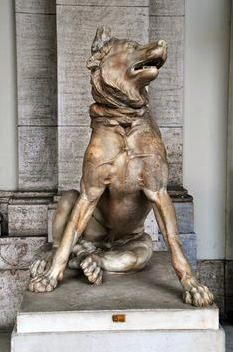
Dogs are the only animals that are sure to know their masters, and if they suddenly meet him as a stranger, they will instantly recognize him. They are the only animals that will answer to their names, and recognize the voices of the family. They recollect a road along which they have passed, however long it may be. Next to man there is no living creature whose memory is so retentive. By sitting down on the ground we may arrest their most impetuous attack, even when prompted by the most violent rage.
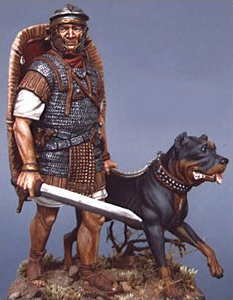
In daily life, we have discovered many other valuable qualities in this animal; but its intelligence and sagacity are more especially shown in the chase. It discovers and traces out the tracks of the animal, leading by the leash the sportsman who accompanies it straight up to the prey; and as soon as ever it has perceived it, how silent it is, and how secret but significant is the indication which it gives, first by the tail and afterward by the nose!
When Alexander the Great was on his Indian expedition, he was presented by the King of Albania with a dog of unusual size; being greatly delighted with its noble appearance, he ordered bears, and after them wild boars, and then deer, to be let loose before it; but the dog lay down and regarded them with a kind of immovable contempt. The noble spirit of the general became irritated by the sluggishness thus manifested by an animal of such vast bulk, and he ordered it to be killed. The report of this reached the king, who accordingly sent another dog, and at the same time sent word that its powers were to be tried, not upon small animals, but upon the lion or the elephant; adding, that he had originally but two, and that if this one were put to death, the race would be extinct. Alexander, without delay, procured a lion, which in his presence was instantly torn to pieces. He then ordered an elephant to be brought, and never was he more delighted with any spectacle; for the dog, bristling up its hair all over the body, began by thundering forth a loud barking, and then attacked the animal, leaping at it first on the one side and then on the other, attacking it in the most skilful manner, and then again retreating at the opportune moment, until at last the elephant, being rendered quite giddy by turning round and round, fell to the earth, and made it quite re-echo with its fall.
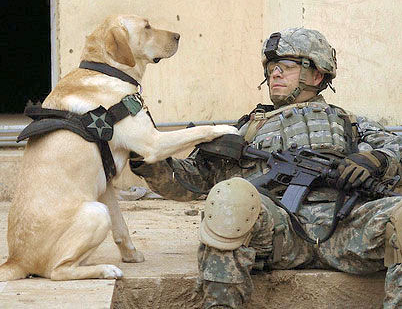

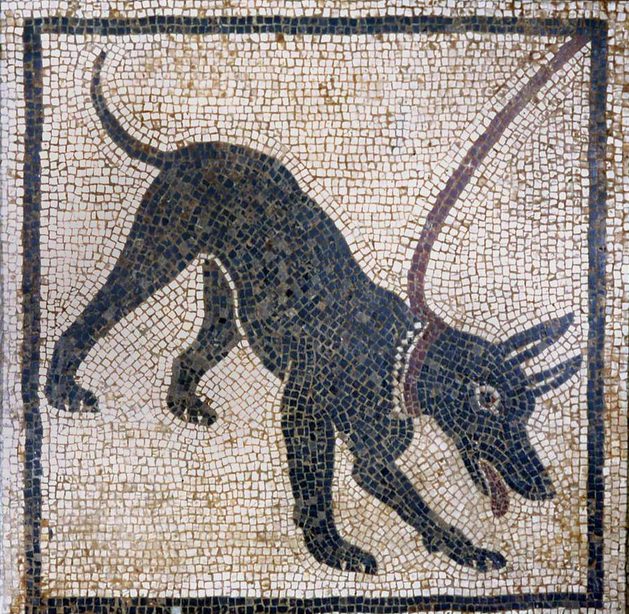

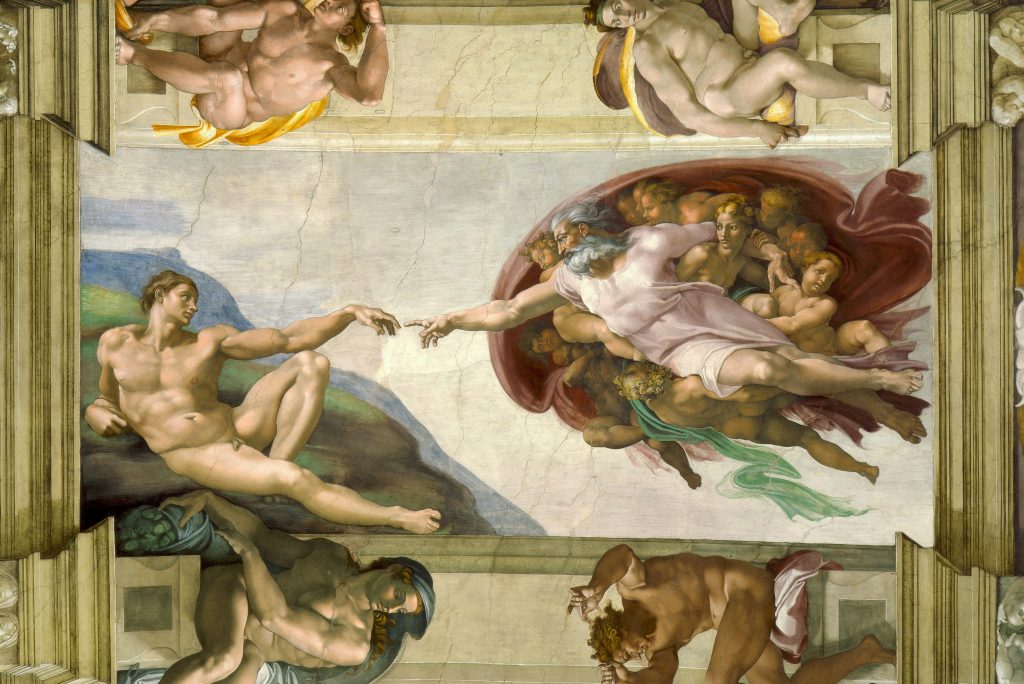
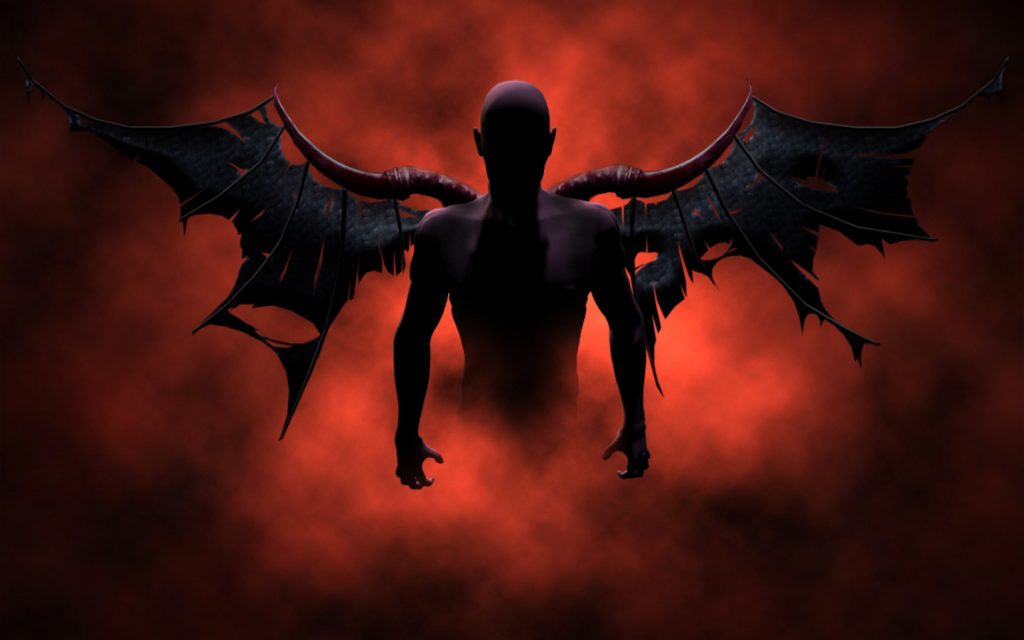

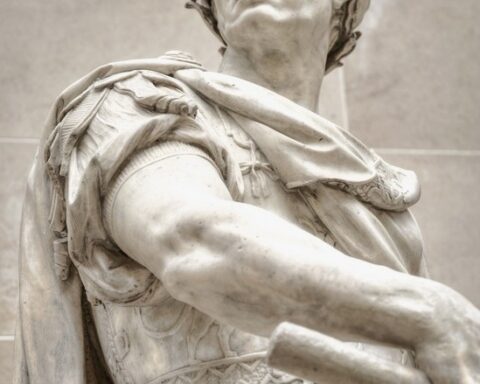

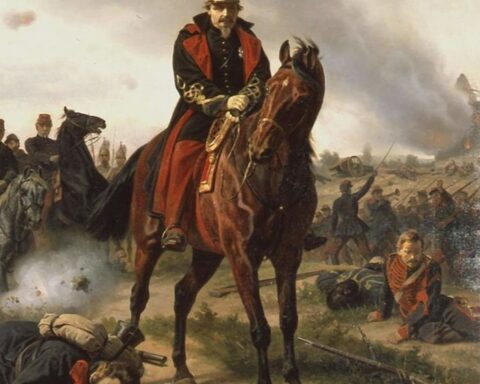
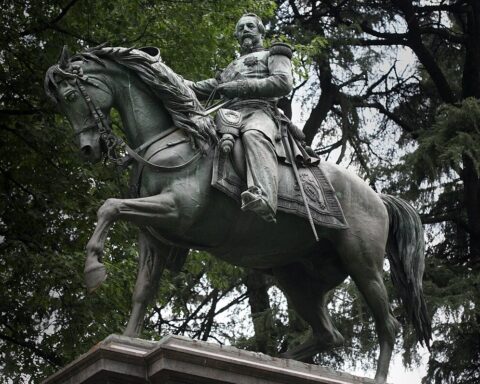
5
Dogs are designed to love man. Thank God.
Several times during my wild and prodigal youth my wife left me temporarily for her safety and that of the children . Gypsy Girl my German Shepherd was there through it all and only when she was suffering from cancerous tumors did she not crave my touch . That was when I made the decision to put her down . I knew the time was right . Blind loyalty and the gift of love . G-d placed us here with the critters before he made woman . Was there not a supernaturally ordained bond ?